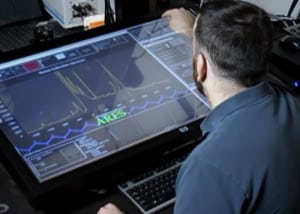
Without serious investment in artificial intelligence (AI) technologies, China will catch up with the U.S. in that sector in three years and by 2030 will dominate the global market for self-learning computers, according to Eric Schmidt, executive chairman of Alphabet Inc. [GOOG] and chair of the Defense Innovation Board (DIB).“A month ago, China actually announced its AI strategy and I actually read it and it’s pretty simple,” Schmidt said Nov. 1 at the Center For New American Security’s Artificial Intelligence…

 By
By 











